20+ Years Experience
Specialist Education Providers

Enquire Today For A Free No Obligation Quote
Did you know that outdoor play can have a significant positive impact on the lives of autistic children?
In today’s world, where technology often takes centre stage, it’s more important than ever to encourage children to explore the great outdoors.
This is especially true for children with autism, who can experience numerous benefits of outdoor play for pupils with autism.
In this blog post, we will delve into the advantages of outdoor play for autistic children, as well as discuss ways to create inclusive and engaging play spaces, and share teacher insights and success stories.
Outdoor play offers a wealth of benefits for children with autism spectrum disorder, including improved emotional and mental health, physical health and motor skill development, and enhanced social skills and interaction.
Research has shown that outdoor play activities are effective at engaging autistic children, teaching essential life skills, increasing confidence, and bettering behaviour.
In fact, emotional state and cognitive ability are the key areas of improvement observed in autistic children who partake in regular outdoor play activities.
Granting autistic children consistent access to outdoor play can significantly enhance their lives. This opportunity promotes their well-being and aids in the cultivation of crucial skills that will benefit them in the long run.
Outdoor play has a profound positive effect on the emotional and mental health of autistic children. It reduces stress, bolsters emotional resilience, and facilitates cognitive functioning.
Participating in outdoor activities allows children with autism to hone their social skills, investigate their environment, and build self-confidence.
Furthermore, outdoor play provides a natural environment for autistic children to cope with challenging behaviours and stress, thereby improving their overall mental health and emotional well-being.
Engaging in outdoor activities not only promotes physical health but also helps develop motor skills in autistic children.
Activities such as obstacle courses, hide-and-go-seek, marching band, and treasure hunts can be particularly helpful in developing gross motor skills.
In addition, outdoor play provides opportunities to practice fine motor skills through activities like water play and sand play.
Regular outdoor play is a fundamental part of maintaining physical health and combating obesity.
It is essential that all children, including those with special educational needs, engage in physical activity outdoors to ensure healthy development and overall well-being.
Outdoor play is a key factor in encouraging social skills and interaction among autistic children.
It provides opportunities for shared experiences and cooperative play with other children, which can be beneficial for cultivating social skills such as communication, problem-solving, and teamwork.
Additionally, engaging in shared experiences and cooperative play can aid in the development of positive relationships with peers and provide an opportunity to interact with others.
Parents and educators can bolster the social development of autistic children through regular access to outdoor play spaces.
This support allows them to acquire vital life skills and establish significant relationships with others.
Designing outdoor play areas for autistic children involves creating spaces that cater to their unique needs, taking into account their hypersensitivity, as well as their need for multiple sensory stimulations to revitalise and intensify their senses.
Inclusive and engaging outdoor play spaces for children with autism spectrum disorder can be developed through the integration of sensory play zones, nature-based activities, and a variety of structured and unstructured play opportunities.
Such play spaces not only provide a safe and stimulating environment for autistic children to explore and enhance their sensory awareness but also offer opportunities for them to develop their motor skills, practice social skills, and improve their emotional and mental well-being.
Sensory play zones are designed to provide a safe and stimulating environment for autistic children to explore and enhance their sensory awareness.
Some examples of sensory play activities that can be beneficial for autistic children include:
These activities can help in engaging children, particularly promoting sensory development in autistic children.
Blowing bubbles, for instance, can help strengthen oral motor skills, enhance hand-eye coordination, and promote finger isolation.
Furthermore, it can help enhance essential social skills. Turn-taking and requesting are examples of skills that can be supported in this way.
Nature-based activities, such as gardening projects and bird watching, provide autistic children with an opportunity to interact with the natural world, thereby stimulating cognitive and emotional growth.
These activities can be especially beneficial for children with autism, as they encourage exploration, curiosity, and a connection to the natural environment.
Moreover, engaging in nature-based activities allows autistic children to learn about the world around them, practice social skills, and develop an appreciation for the beauty and diversity of nature.
This can contribute to their overall emotional and cognitive development, as well as enhance their sense of well-being.
Offering a variety of structured and unstructured play opportunities allows autistic children to choose activities that suit their interests and abilities.
Structured play involves activities with a set goal or purpose, often involving following rules or instructions, such as board games, puzzles, and organised sports.
On the other hand, unstructured play is open-ended, allowing children to explore, create, and discover without predetermined rules or guidelines, which encourages imagination, creativity, and independent thinking.
Providing a mix of structured and unstructured play activities enables autistic children to select activities that are suited to their preferences and capabilities.
This approach ensures that they have the opportunity to engage in a range of play experiences, fostering their overall development and well-being.
To encourage outdoor play for autistic children at home and school, it is essential to adapt indoor interests to the outdoors, establish routines and visual schedules, and consult with special education professionals.
Incorporating regular and fun activities into their routine, utilising outdoor learning as a therapeutic approach, and engaging in sorting and categorising activities using natural materials are some of the recommended strategies for encouraging outdoor play.
The implementation of these strategies fosters a supportive and enriching outdoor play environment for autistic children, both at home and school.
This environment enables them to enjoy the numerous advantages of outdoor play and learning.
Introducing favourite indoor activities in an outdoor setting can help autistic children engage in outdoor games and activities more easily.
Gradually moving indoor activities outdoors can help autistic children acclimate to outdoor play and foster their physical, social, and emotional abilities.
For example, tag, hide-and-seek, and other outdoor games can be adapted for outdoor use.
Additionally, activities like painting, drawing, and building can be modified for outdoor use, allowing autistic children to continue enjoying their favourite indoor activities while reaping the benefits of outdoor play.
Using visual schedules and routines can provide structure and contingency planning for outdoor playtime.
Creating a visual schedule with pictures, drawings, or written words to represent activities and organising the schedule in a clear and consistent manner can help autistic children understand what is about to happen and reduce anxiety.
Providing praise or reinforcement for completing steps and using visual timetables to help autistic children anticipate upcoming events can further support their engagement in outdoor play.
The establishment of routines and visual schedules enables parents and educators to provide a predictable environment that promotes a sense of security and encourages outdoor play.
Collaborating with special education professionals is paramount when encouraging outdoor play for autistic children at home and school.
They can provide invaluable insight into the most effective strategies for engaging autistic children in outdoor activities and assist in creating an inclusive and engaging outdoor play space tailored to the individual needs of the child.
Working in partnership with the autistic child, their parents, and other professionals involved, special education professionals can coordinate schedules, develop effective approaches to communication, and share what works in terms of outdoor play strategies.
Strong, collaborative partnerships between parents and teachers ensure the provision of optimal care and support for autistic children engaging in outdoor play.
Teacher insights and success stories can provide valuable information on the benefits of outdoor play for autistic children and offer inspiration for creating inclusive play spaces.
Parents and caregivers can enhance their understanding of how to deliver optimal support for their autistic children by drawing insights from educators and professionals who have successfully implemented outdoor play strategies.
These insights and stories serve as a testament to the transformative power of outdoor play and learning for autistic children, highlighting the importance of providing regular access to engaging and inclusive outdoor play spaces.
Expert opinions from special education professionals can offer guidance and support for implementing outdoor play strategies for autistic children.
By sharing effective approaches and best practices, these professionals can provide insights into how to create inclusive and stimulating play environments that cater to the needs of autistic children.
Some of the most effective strategies for facilitating outdoor play for autistic children include creating sensory play zones, providing nature-based activities, and offering both structured and unstructured play opportunities.
Consulting with special education professionals enables parents and educators to provide the best possible support and resources for autistic children, ensuring their thriving in outdoor play environments.
In conclusion, outdoor play offers numerous benefits for autistic children, including improved emotional and mental health, physical health and motor skill development, and enhanced social skills and interaction.
By creating inclusive and engaging outdoor play spaces, adapting indoor interests to the outdoors, establishing routines and visual schedules, and collaborating with special education professionals, parents and educators can support the growth and development of autistic children in a fun and stimulating way.
Let us never underestimate the power of outdoor play and the positive impact it can have on the lives of autistic children.
Outdoor play is an important part of children’s development, and it can be particularly beneficial for children with autism.
Spending time outdoors helps these kids develop physical skills, while also providing sensory experiences and opportunities for self-discovery, communication, independence and friendship.
Outdoor sensory play encourages exploration, aids physical development, fosters a healthy lifestyle and helps develop social skills.
It also helps children become familiar with unknown sensory aspects such as texture, sounds, smell, taste and sight, and allows them to develop agility, balance and coordination as well as gross and fine motor skills.
Spending time in nature and going on outdoor adventures can provide many benefits for autistic children, including helping to manage sensory processing and providing a calming atmosphere away from social situations or disruptions in routines.
Gardening and bird watching are excellent activities for autistic children to engage with nature, fostering cognitive and emotional growth.
Routines and visual schedules can offer autistic children structure and security when engaging in outdoor play, helping to create a more enjoyable experience.




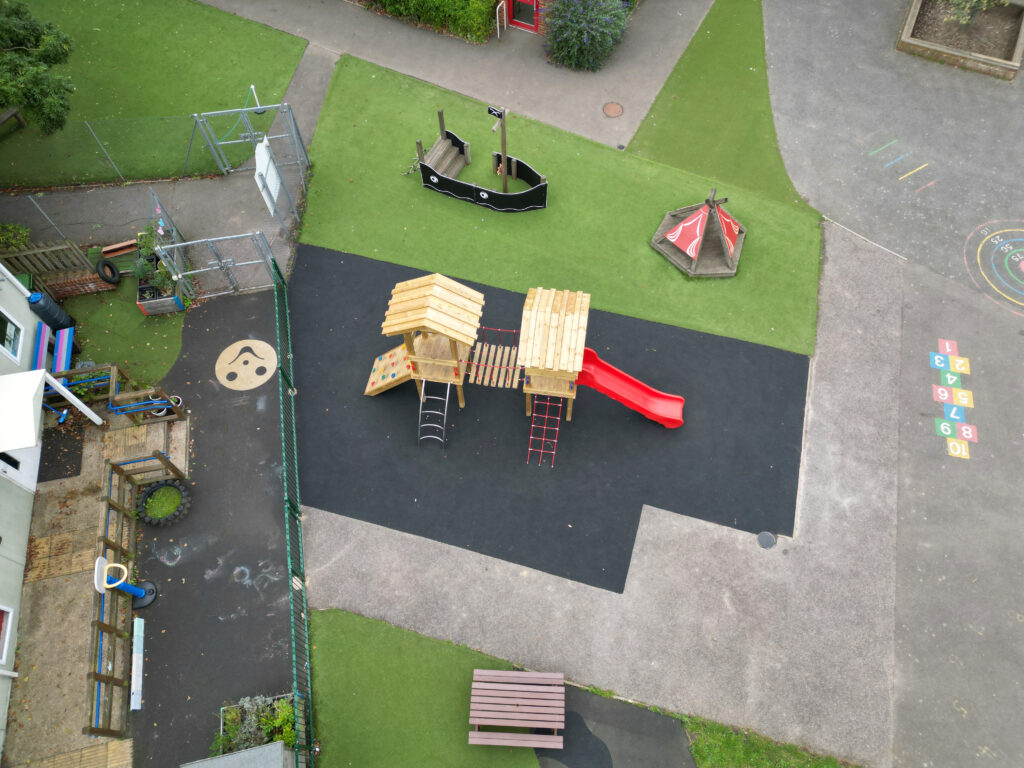

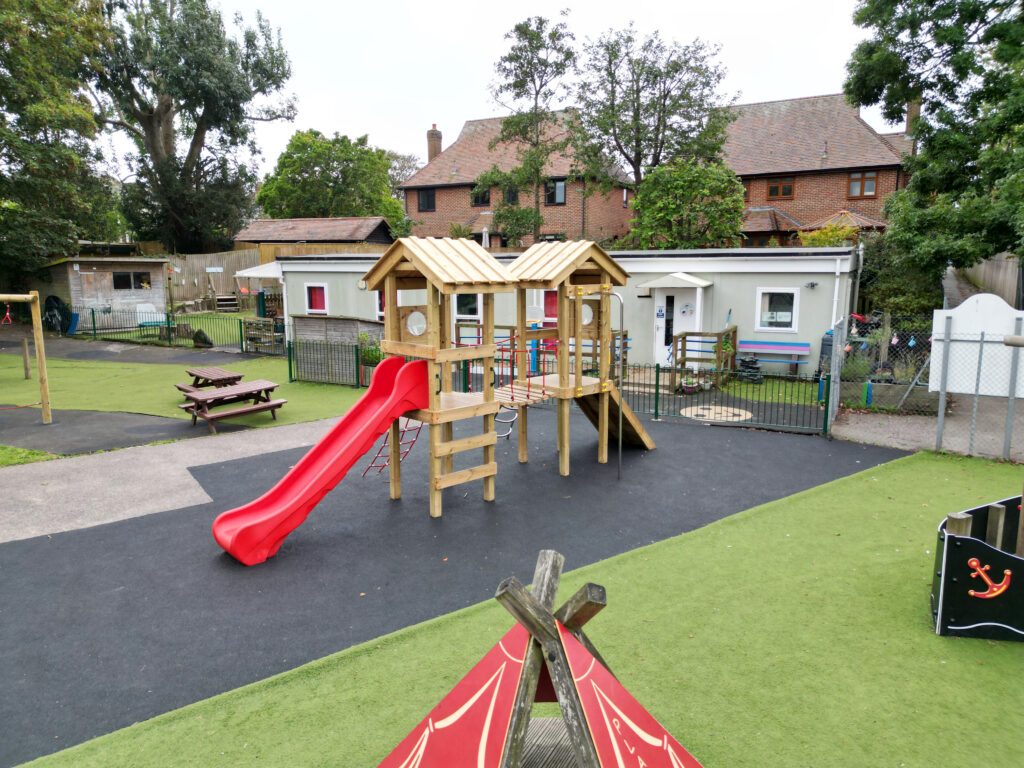
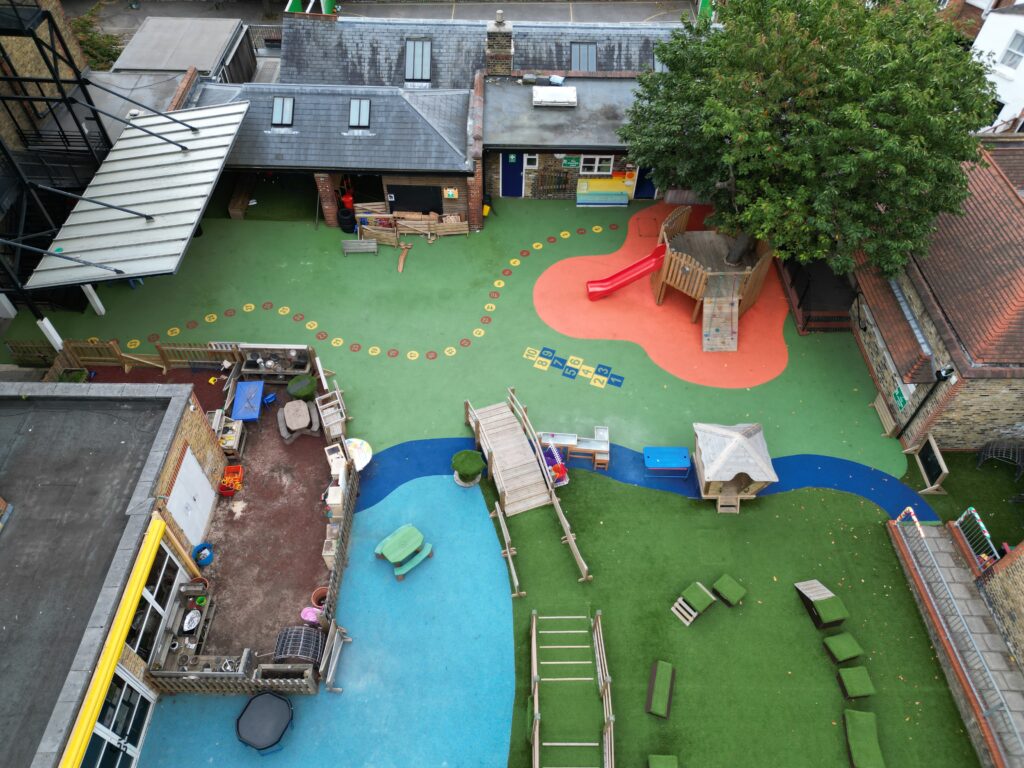






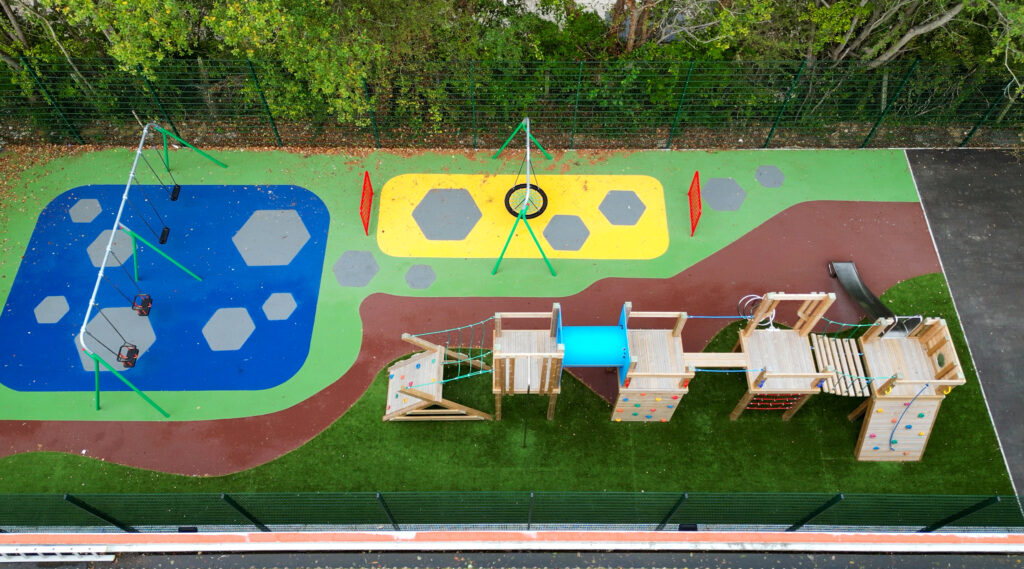










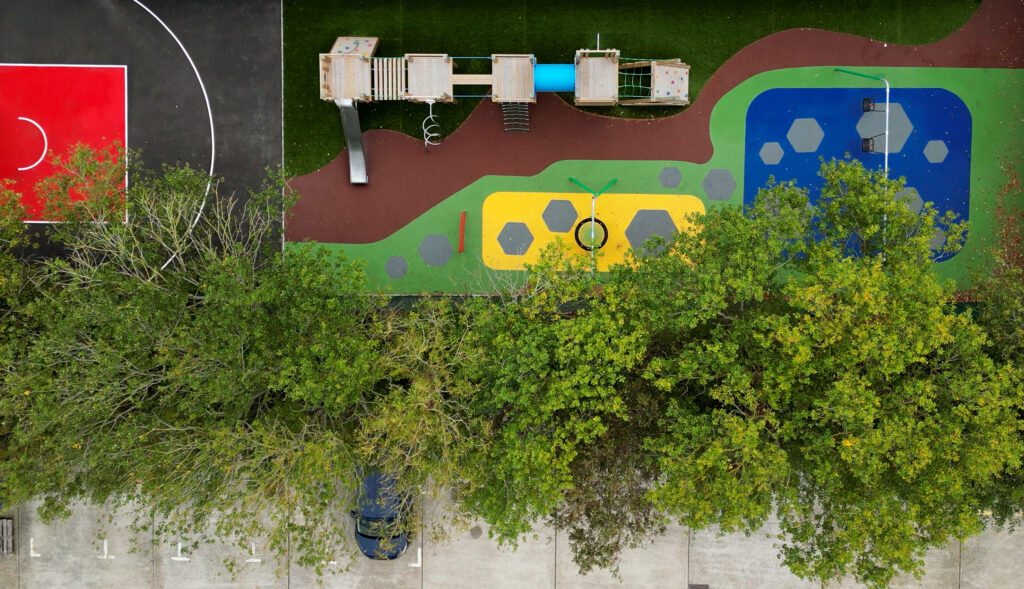









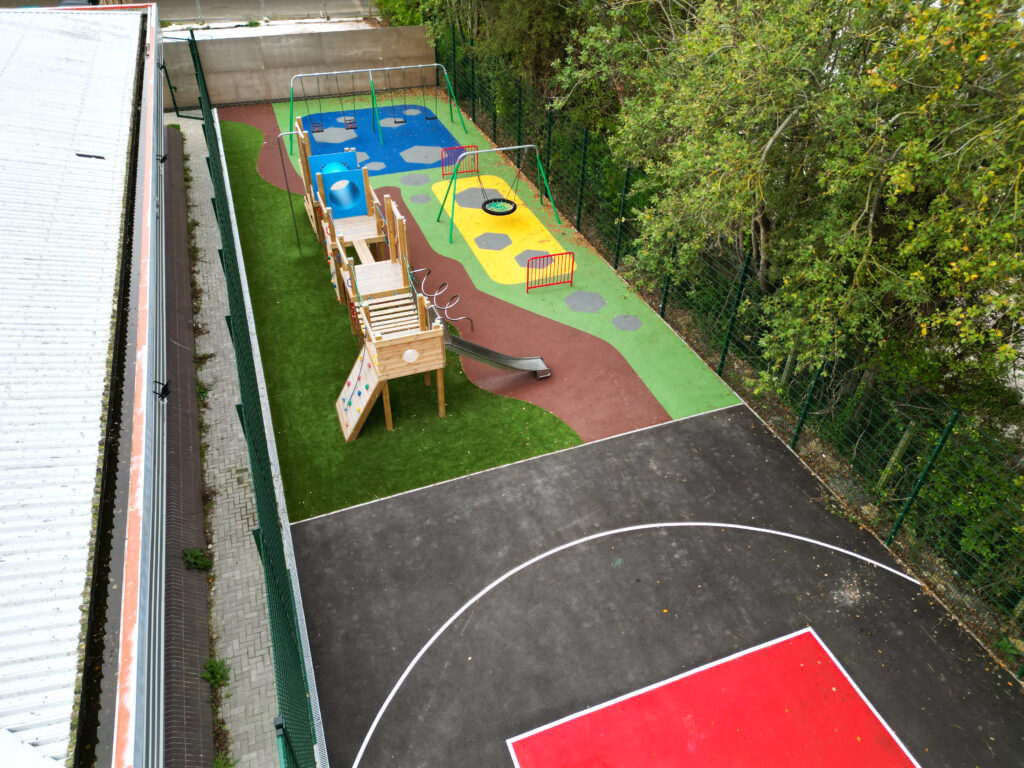



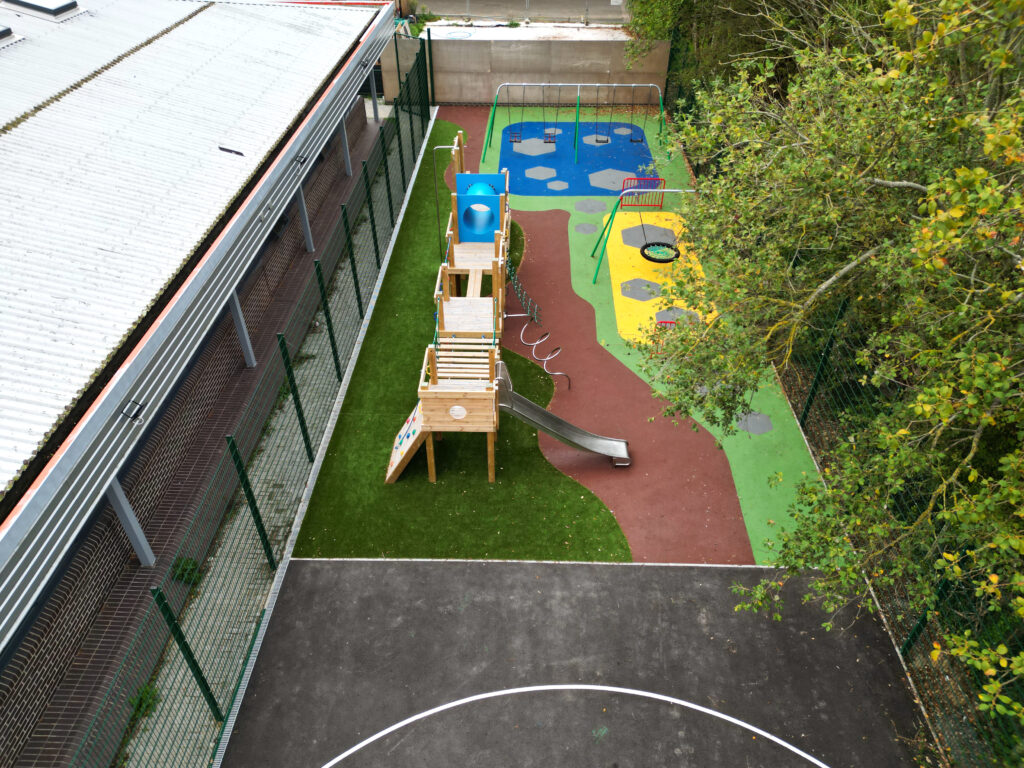







We Aim To Reply To All Enquiries With-in 24-Hours